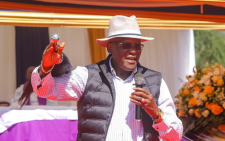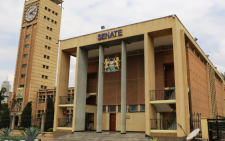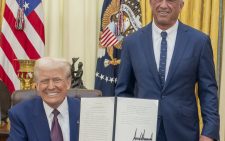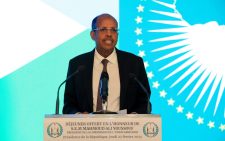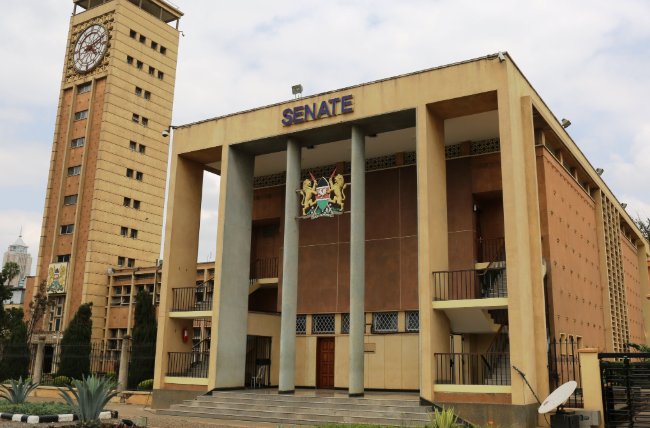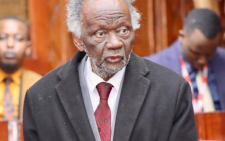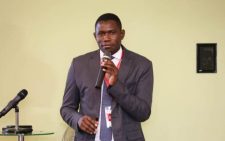The role of creativity in the school curriculum
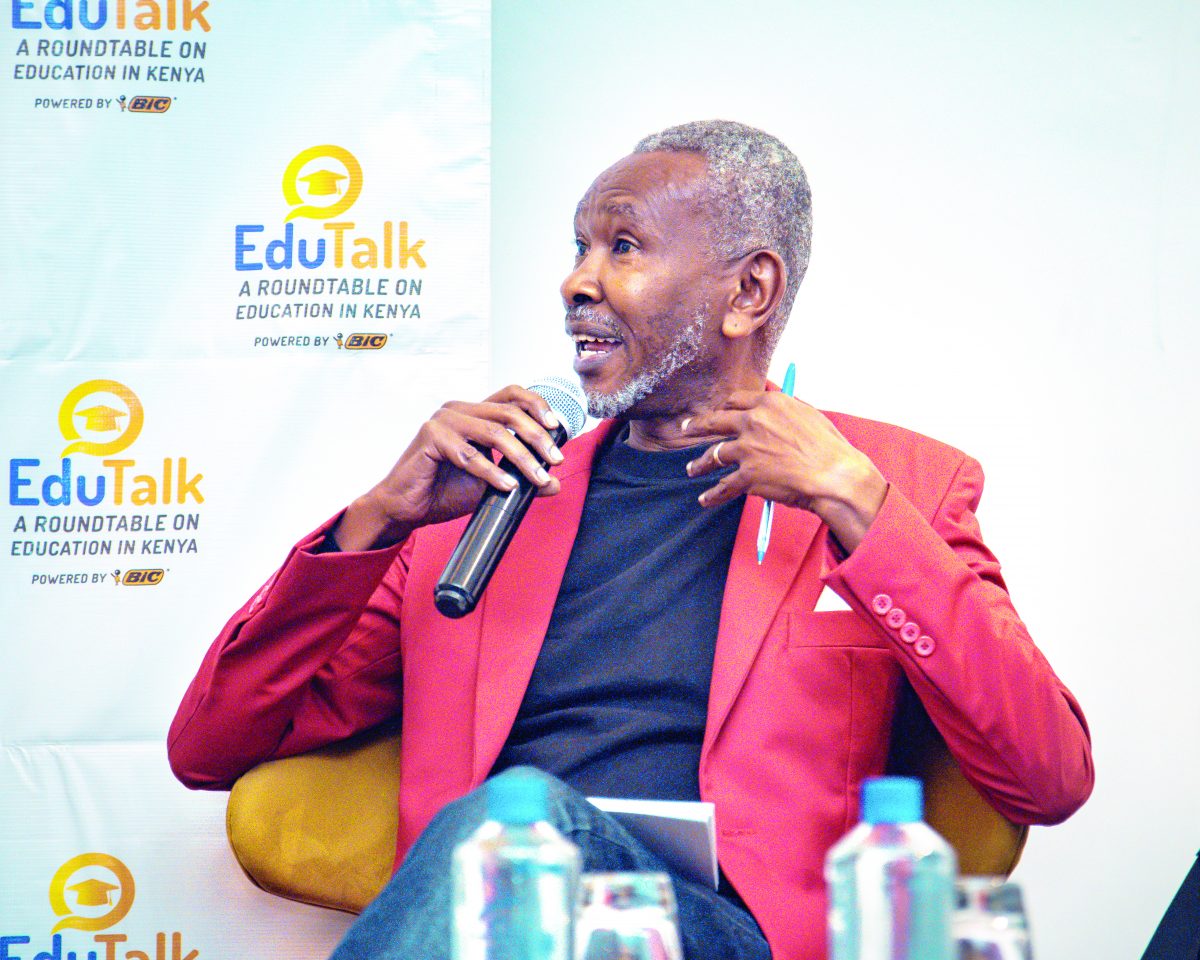
“I never went back to collect my certificates after Form Four,” is a fact that Juliani the rapper never hides from anyone inquiring about his education. This time, he was part of a panel in a round table during the Global Education Week, in an event dubbed ‘EduTalk’ sponsored by BIC East Africa held last month.
The event brought together a number of personalities and stakeholders in the education system in a session that sought to explore on the role of creativity in today’s education environment and the impact of self-expression on students’ learning and development process.
As the room settled down after having a chuckle on what the rapper had just admitted to, he continued to tell the guests why he felt that the education system suppresses creativity and that this was why he never went back to collect his papers.
“We grew up in a school environment that discouraged us from pursuing our creative side or do subjects we liked because we would not find jobs in those fields,” he said.
Art takes the back seat
Juliani whose real name is Julius Owino is also an entrepreneur and is the founder Dandora Hiphop City creative space among other social enterprises. He faults the education system saying conformity is one of the issues affecting many students whose paths lie along the creative line.
“We have built our education systems where everything is standardised in terms of academic subjects, topics taught and ways of how they are being taught. We need to change this,” he emphasised.
Renowned TV show judge Ian Mbugua, who is the manager of Burudani Theatre at Brookhouse International Schools, where he teaches drama and Music, echoed Juliani’s words.
“In most schools, especially public ones, art subjects are often replaced with other subjects as they are considered important, better or more demanding job wise. This in turn has effects on learners, especially those whose capabilities align with arts. We know creativity is important as it boosts self-esteem and morale. That is what we are killing in our learners,” he said.
Ian whose experience as a teacher in performing arts and English spans over 40 years in elementary, secondary and post-secondary institutions, argued that one of the overall problems covering education is teacher gaps, which in turn creates a vacuum, as there are fewer teachers to take care of arts. The recommended student-teacher ratio is 40:1 but in far flung areas like, North Eastern Province (NEP) it is 70:1.
“In schools, it is common to find that teachers of languages or humanities are tasked with “helping” with arts related subjects or even during music and drama festivals. This aggravated by the fact that most public schools experience budget cuts and the arts department are the common victims,” he added.
Jesse Soleil Co-founder of Akili Network, said his experience growing up in the US was different to what he found in the country, saying that he felt “something was missing” and this motivated his pursuit to create the company.
“We need to create an environment where our children can become innovative critical thinkers who are confident, healthy, creative, academically prepared and emotionally mature, who value themselves and all genders, beliefs, capabilities, and differences in their peers and communities,” he commented during the discussion.
Providing solutions
The lack of choice in many learning institutions has led to what industry players in the private sector term as conveyor belt that does not enhance their flexibility or creativity.
Cyrus Mwalili a teacher of English Literature and director of drama, film and arts told Scholar that organisations everywhere are struggling to fix a problem that originates in schools and universities.
“This is something that has been a subject of discussion all over the world whereby we have organisations everywhere competing in a world that changes in the blink of an eye. They need people who are flexible enough to adapt, and creative enough to find novel solutions to problems old and new,” he said.
Mwalili quoted Sir Ken Robinson, an internationally recognised authority on creativity, noting that while education and training are the keys to the future, the key can also be turned the other way; locking people away from their own creativity.
Michael Sinclair the General Manager of BIC East Africa, acknowledged that the private sector is a beneficiary of quality education adding they have a role to play in ensuring the same continues.“As a sector, we have a responsibility as we know the public has limited resources. We need to plug the gaps and most importantly engage the learners through various approaches. One of the initiatives we started through our corporate social responsibility platforms was ‘My Bic My Story,’ A creative writing programme that helps students improve their handwriting skills and transition from graphite pencils to ballpoint pens as they start a new school year,” he stated.
